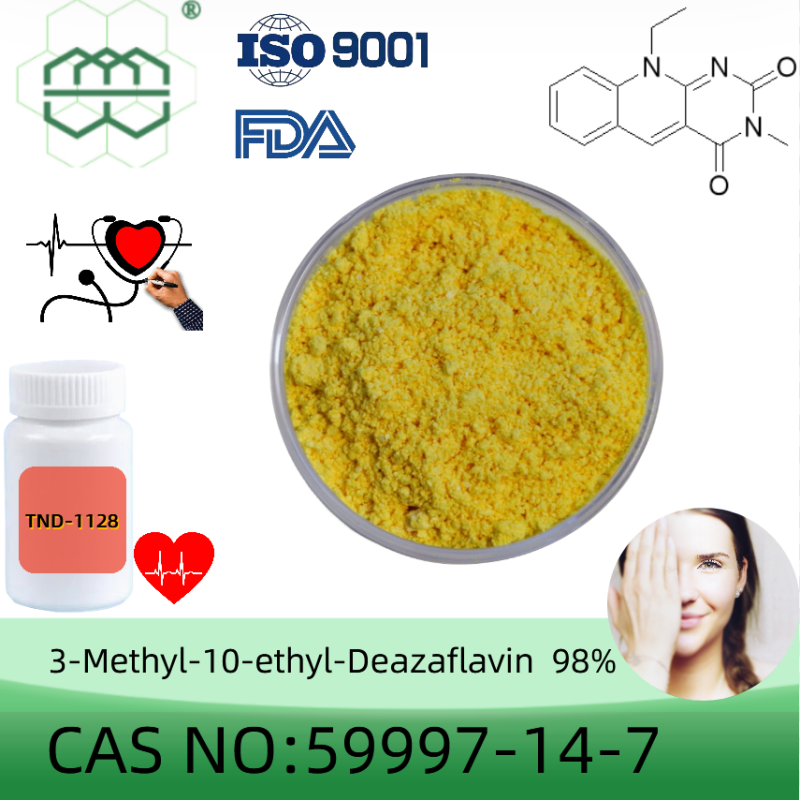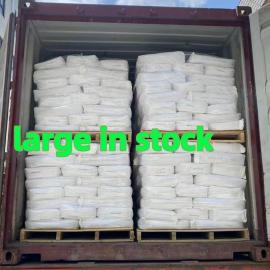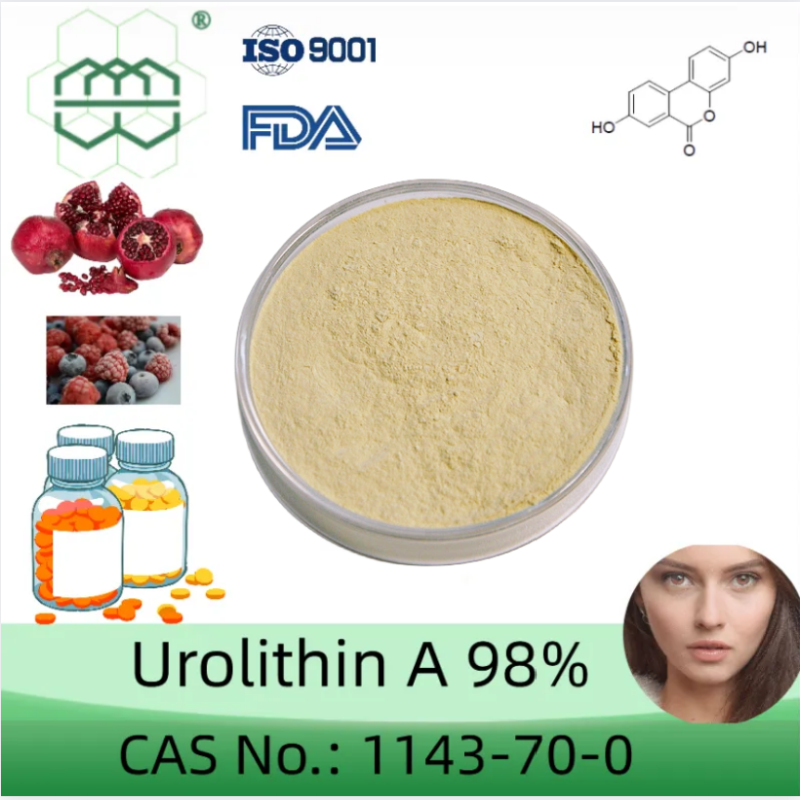-
Categories
-
Pharmaceutical Intermediates
-
Active Pharmaceutical Ingredients
-
Food Additives
- Industrial Coatings
- Agrochemicals
- Dyes and Pigments
- Surfactant
- Flavors and Fragrances
- Chemical Reagents
- Catalyst and Auxiliary
- Natural Products
- Inorganic Chemistry
-
Organic Chemistry
-
Biochemical Engineering
- Analytical Chemistry
-
Cosmetic Ingredient
- Water Treatment Chemical
-
Pharmaceutical Intermediates
Promotion
ECHEMI Mall
Wholesale
Weekly Price
Exhibition
News
-
Trade Service
2018-2019 Imports of Key Nutritional Products
(Data source: 2020 China Dietary Nutritional Supplement Industry Development Report)
China Consumer Daily reporter Sun Yanming
Recently, China's medical and health care products import and export The 2020 China Dietary Nutritional Supplement Industry Development Report (hereinafter referred to as the "Report") released by the Professional Committee of Dietary Nutrition Supplements of the Chamber of Commerce shows that at present, the consumption trend of dietary nutrition supplement products is developing in the direction of universal consumption awareness, consumption of the main young age, diversification of consumption scenarios, convenience of consumption forms and internationalization of consumption choices.
China Medical and Health Products Import and Export Chamber of Commerce Dietary Nutrition Supplements Professional Committee Chairman Zhang Zhongpeng in an interview with China Consumer Daily, pointed out that since this year, functional products are undergoing more and more rigorous tests, health, nutrition, personality, convenience and other keywords become the focus, functional appeal more and more subdivided and professional, such as oral beauty, weight management, sports nutrition and probiotics and other sub-sectors of the market showed rapid growth. Even in the same functional category, there are different product formulations for different genders and ages, and products in the sub-sectors are receiving more and more attention.
The new model of new industry continues to emerge
Zhang Zhongpeng said, in 2019, China's dietary nutrition supplement market pattern has changed significantly, mainly reflected in the rich sales channels, young consumption structure, market varieties diversification, strict regulatory policies;
this year's outbreak of new crown pneumonia, e-commerce channels have accelerated development. According to statistics, its compound growth rate of more than 50%. At the same time, live delivery, community marketing model is developing rapidly.
the past five years, new models have emerged, especially the rapid growth of the cross-border e-commerce market, which is higher than that of general online retailing.
, the distribution of registered health food functions is uneven, and some functions are too concentrated. Among them, enhanced immune function accounted for 32.13%, physical fatigue relief accounted for 12.66 percent, auxiliary blood lipid reduction accounted for 9.36 percent, antioxidant accounted for 5.43 percent.
2019, the rate of approval of registered products has increased significantly, with a total of 340 new products approved. Overall, China's health food registration approval work is in steady progress, after the backlog of products is being resolved, there will be more products approved in the future.
imports totaled $3.4 billion last year
although China has a long history of food supplement concept and traditional Chinese medicine health culture, but in the choice of dietary supplements, most consumers still prefer international brands. Health care, especially in the field of mother and child, the advantages of dietary supplements abroad are obvious.
, China's infant nutrition products mainly imported products, sales accounted for more than 70%. In recent years, more and more well-known overseas enterprises continue to increase investment in the Chinese market, and bring more segmented and cutting-edge products.
Li Guiying, Secretary General of the Dietary Nutrition Supplements Professional Committee of the China Medical and Health Products Import and Export Chamber of Commerce, told China Consumer Daily that in 2019, China's total import and export of dietary nutrition supplements reached US$5.28 billion, up 12.8% YoY. Of these, exports amounted to $1.88 billion and imports to $3.4 billion.
, imports grew from US$610 million in 2010 to US$3.4 billion in 2019, with a CAGR of 21%. Australia, the United States, Indonesia, Thailand and Germany are between the top five import markets. Vitamin minerals, bird's nest products, fish oil softgels, calcium supplements, protein powder, collagen and probiotics and other products ranked first.
the use of vitamin products in China is more common. According to statistics of the relevant departments, imported vitamin tablets accounted for 65%, capsules accounted for 19%, drips accounted for 12%, particulate matter and oral solution accounted for 1%. "DHA products are an important segment of China's dietary nutrition supplement field, whether it is fish oil products or algal oil products, consumers have a certain degree of awareness, sales market is good." In recent years, with the aging of society and the liberalization of the second-child policy, consumers' concern for DHA has been growing, Mr Li said. In 2019, imports of DHA-type products amounted to US$184.632 million, with Australia and the United States as the main sources of imports.
years, the probiotic market has been developing at a high speed. According to statistics, China's imports of probiotic products in 2019 amounted to US$180 million, up 91% year-on-year from 2018. Probiotics use more strains are lactic acid bacteria, B. pylori, lactobacillus, and so on, at the same time, according to different sub-groups, probiotic products also derived a lot of personalized products, such as probiotic products added chrysanthemum powder, collagen, fruit concentrate powder, spirulina and lactofolin.
imports of Coenzyme Q10 products in 2019 amounted to US$45.497 million, with the United States, Australia and Germany as major importers of Coenzyme Q10 products.
Li Guiying said that coenzyme Q10 is a vitamin-like substance present in organisms, also known as vitamin Q10, with cardiovascular-assisted nutrition, enhance immunity, antioxidant, nerve protection, anti-tumor, anti-fatigue, anti-inflammatory and other effects. China's high incidence of cardiovascular disease, while the aging of the population is increasingly severe, will promote the development of coenzyme Q10 market to a certain extent.
addition to nutrient supplements, probiotic products, bird's nest, Reishi, ginseng products and other tonic products market demand is also increasing.
2019, China's total imports of bird's nests amounted to US$380 million, an increase of 58.4% YoY. From the domestic sales situation, ready-to-eat bird's nest in the bird's nest market share increased year by year, showing a huge market potential.
has always been popular with Chinese consumers of traditional tonics, with a wide range of markets. In 2019, imports of ginseng were US$15.441 million, with South Korea, Canada and the United States ranked third.
the same time, the import volume of Reishi products is US$26.177 million, the main dosage form is capsules, with Reishi spore powder as the main representative product. At the same time, the import of enzyme products, leaf yolks to relieve visual fatigue, beauty-related collagen products increased rapidly.
80, 90 after the main consumer population
related e-commerce survey data show that in the dietary nutrition supplement consumer population, 80.5% of consumers are concentrated in the age of 26-45 years old, 66.1% of consumers are married, 90.3% of consumers are middle or high income groups.
, in terms of age, infants, children in their 80s, 90s and the elderly are the main consumers of dietary supplements, " said Li Guiying, a professor at the National Children's Hospital. In terms of the ratio of male to female consumers, women account for 60 per cent of consumers.
health food consumption tends to be younger, but also make product research and development design quietly change.
Zhang Zhongpeng analysis, this year, health food shows a "snacking" trend. In the product packaging, the emergence of a snack-like portable small packaging design, to help consumers immediately supplement nutrition, such as small independent packaging of flower tea, gum cake, iron oral solution. In the product form, jelly type, candy and other forms of explosive growth, such as probiotic f gumgma, collagen jelly and other products, not only to maintain the taste, but also easy to carry and drink, and fashionable, become a new direction for young people to choose dietary nutrition supplements.
among buyers of dietary nutritional supplements, the proportion reached 25% after 90, and has gradually become the main consumer group. Among their consumption choices, nutrient supplements, including calcium tablets and vitamins, accounted for 38%, healthy foods such as quinoa, awe-oil fruits accounted for 27.3%, and Chinese medicine tablets such as dates and ginseng accounted for 24.67 percent.
Li Guiying, director of the Dietary Research Office, points out that an ageing population means a huge market space for the dietary supplement industry. Many older people want to achieve a long and healthy life with dietary supplement products and are keen to consume them. At the same time, the elderly are also the highest incidence of chronic diseases, eating dietary supplements is beneficial to health.
in terms of gender, men prefer liver protection and fatigue relief products, liver protection tablets, fatigue relief functional drinks and health teas become popular categories for men to consume. Among dietary nutritional supplements that help relieve fatigue, products such as vitamin B, western ginseng and taurine are the most popular. Women value beauty, gastrointestinal health and sleep improvement products, with vitamin C, collagen, grape seeds, melatonin tablets, Changrun tea and other products are the most popular. At the same time, women also prefer bird's nest, peach gum, gum and other traditional tonic products.
.







